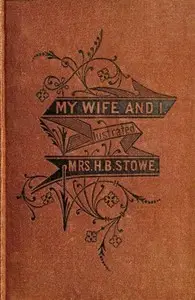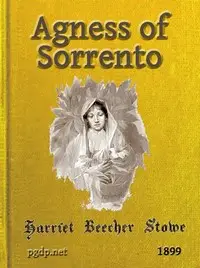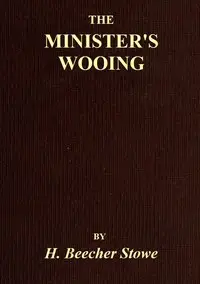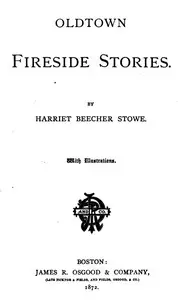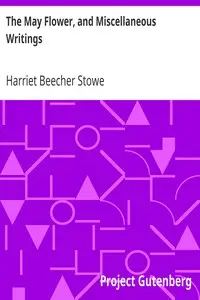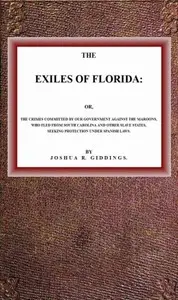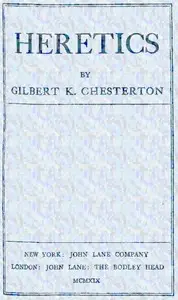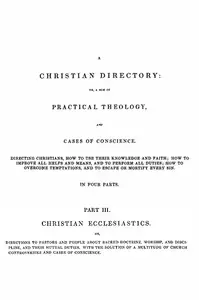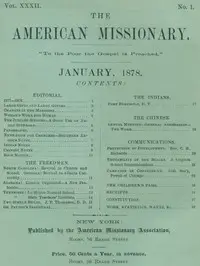"Religious Studies, Sketches and Poems" by Harriet Beecher Stowe is a collection of religious essays and poetry written in the late 19th century. The volume reflects Stowe's deep religious sentiments and explores themes related to Christianity, weaving in biblical references and spiritual meditations. Throughout the text, Stowe offers insights into the life of Christ and the significance of his teachings, aiming to inspire faith and devotion. The opening of this work begins with an introductory note that emphasizes the author's lifelong dedication to expressing her religious beliefs through her writing. Stowe highlights her desire to retreat to the “citadel” of faith amidst societal skepticism and discusses her journey to capture the essence of Christ through her reflections and poems. The first section, “Footsteps of the Master,” sets the stage for exploring Christ’s reverberations through the Old Testament, showcasing his divine pre-existence and highlighting key elements of his character and ministry. Through a series of meditations centered on the life of Jesus, Stowe aims to deepen the reader’s understanding of his role as a loving savior and guide. (This is an automatically generated summary.)
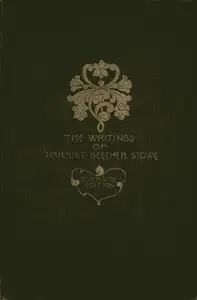
Religious Studies, Sketches and Poems
By Harriet Beecher Stowe
"Religious Studies, Sketches and Poems" by Harriet Beecher Stowe is a collection of religious essays and poetry written in the late 19th century. The ...
Harriet Elisabeth Beecher Stowe was an American author and abolitionist. She came from the religious Beecher family and wrote the popular novel Uncle Tom's Cabin (1852), which depicts the harsh conditions experienced by enslaved African Americans. The book reached an audience of millions as a novel and play, and became influential in the United States and in Great Britain, energizing anti-slavery forces in the American North, while provoking widespread anger in the South. Stowe wrote 30 books, including novels, three travel memoirs, and collections of articles and letters. She was influential both for her writings as well as for her public stances and debates on social issues of the day.


